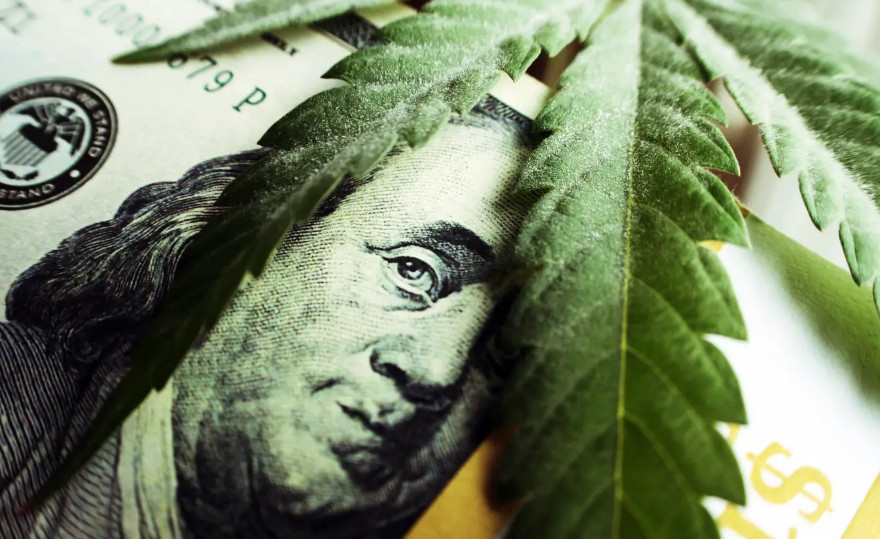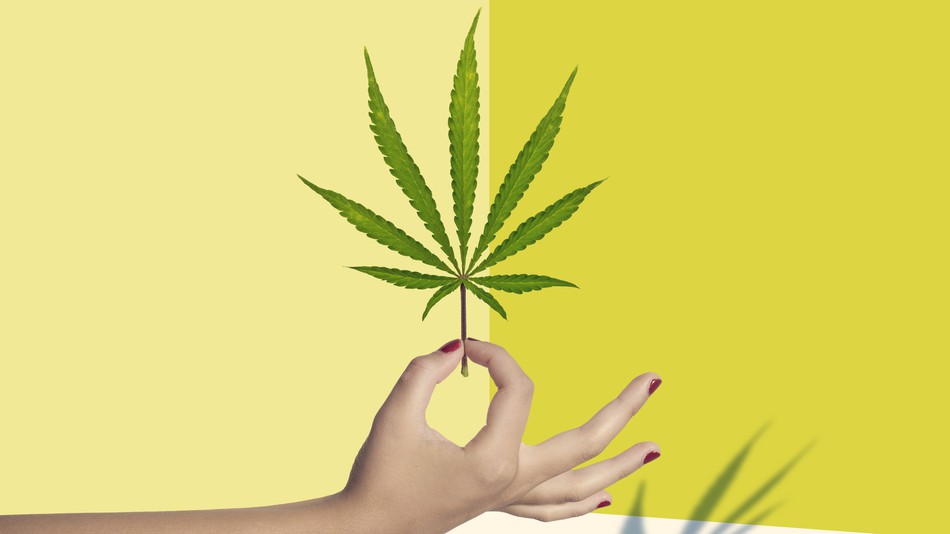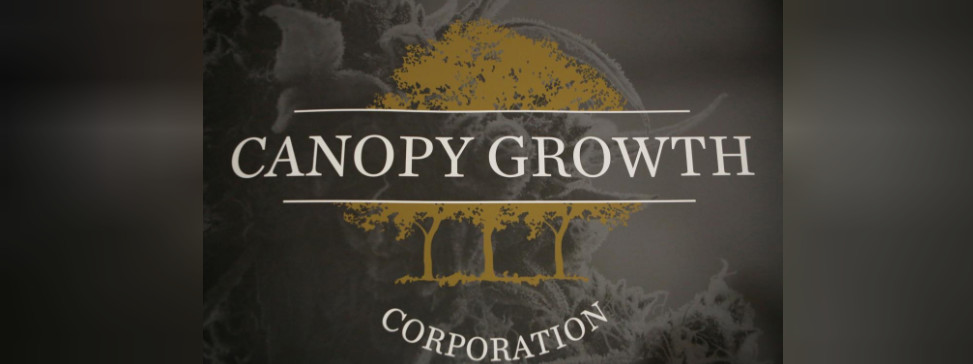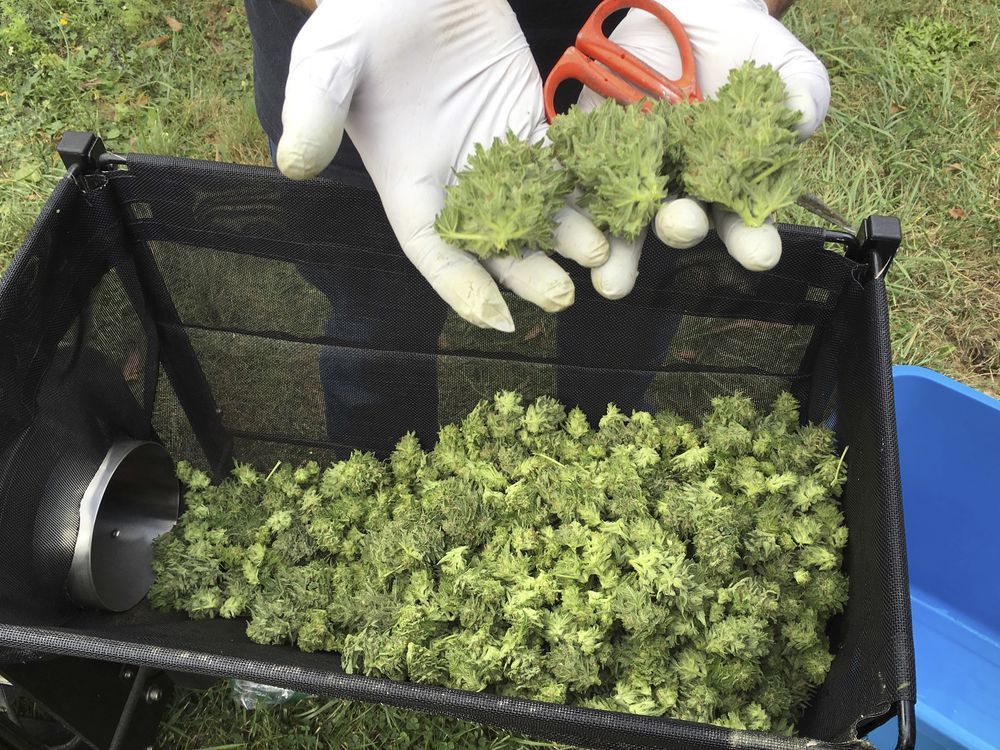In the year-and-a-bit since Donald Trump took office, Americans have witnessed a neck-wrenching 180-degree turn on an array of policy topics. One of the biggest has been with regard to drugs.
Between anti-marijuana moves by Trump’s attorney general, Jeff Sessions, and apparent interest by the administration in making passing a drug test a condition for receiving food stamps in states that request it, Trump and key figures in his administration seem eager to jump back to a time in history when drug use that has become more or less accepted in society is again disqualifying and indeed criminal. And where Trump goes, the GOP often follows.
But is the Trump administration truly set on achieving this? Those of us watching drug policy debates in the era of Trump are feeling a little (OK, a lot of) whiplash.
The direction in which Sessions wants to take the country is clear. So too are Republicans’ views with regard to food stamps and drug testing.
With Trump, things are a bit murkier. He generally cultivated an anti-drug message with his “death penalty for heroin dealers” chat. He’s pushed that message in other ways too, such as the little noticed controversy in February, when Israel put the brakes on a plan to export marijuana to the U.S., apparently because Prime Minister Benjamin Netanyahu didn’t want to piss off Trump. Trump also claims never to have smoked pot, something that some pot advocates view as inherently likely to predispose him against cannabis.
But during the campaign, Trump was pot-neutral. He exclaimed that he was for letting states decide their own pot and medical marijuana policies. And just weeks ago, he voiced support for Sen. Cory Gardner (R-CO)’s bill codifying states’ rights with regard to pot. Reportedly, his campaign manager is making that position a selling point to Colorado voters ahead of 2020.
So what the heck is going on with the GOP and pot? The short answer is: a lot. But though much of it seems contradictory, there is still an obvious, ultimate direction. The GOP will, in the end, follow Gardner and Boehner’s path, even if that feels like an Olympic gymnast-level flip-flop for a lot of voters.
It used to be that the only pro-decriminalization or pro-legalization Republicans were Libertarians who voted GOP because they wanted tax cuts and a tiny bit more fiscal restraint (with the exception, perhaps, of some prominent figures at National Review who always took a surprisingly pro-decriminalization line on marijuana).
More recently, however, the pro-decriminalization ranks have been joined by the Koch brothers, especially Charles Koch, who champions criminal justice reform and sees issues like pot decriminalization and mandatory minimums reform as obviously related.
There are also Republicans from states where marijuana laws have been liberalized, leading to a booming new sector of the economy.
Gardner is one such figure. But more Gardners are on the way. While Sessions may believe the “War on Drugs” has failed because it has been prosecuted with insufficient zeal, you’ve got a whole raft of states represented by Republican officeholders who manifestly believe that the anti-pot aspect of it, at least, is stupid.
It’s certainly economically unhelpful. Nine states have fully legalized recreational pot (including Alaska, a deep red state, and Colorado, Nevada, and Maine—purplish ones with GOP elected officials). Twenty-nine states have legalized medical marijuana (including the magenta-ish states of North Dakota, Arkansas, Montana, and West Virginia, and swing state New Hampshire).
Rank-and-file Republican voters are becoming much more opposed to the War on Weed too, according to an October 2017 Gallup poll. Maybe that’s because veterans (who Republicans love to champion) claim marijuana helps them with physical and psychological battlefield injuries. Maybe it’s because of claims that legalization could help combat the opioid epidemic, which is ravaging Republican areas. Maybe it’s because Republicans are hearing from unlikely marijuana advocates like Michelle Malkin.
Or maybe it’s because Republicans still tend to consider themselves “pro-business,” and the pot business is growing—fast. According to a report last year from Arcview Market Research, across North America, legal pot sales in 2017 were on pace to hit $9.7 billion. That’s 33 percent growth against the previous year—evidence of a booming market. Many Republicans may oppose pot use personally. But basically all Republicans love making and keeping money.
Whatever it is, the reality is this: The ranks of pro-legalization Republicans, like plants on weed farms, will continue to grow over time, while those sharing Sessions’ views will shrink and shrivel and decline. That’s a good thing, in terms of achieving limited government goals, and expanding personal liberty—something today’s GOP could do with getting back to focusing on.
The debate may seem muddied now. But it’s heading in a very clear direction.
Credit: thedailybeast.com













